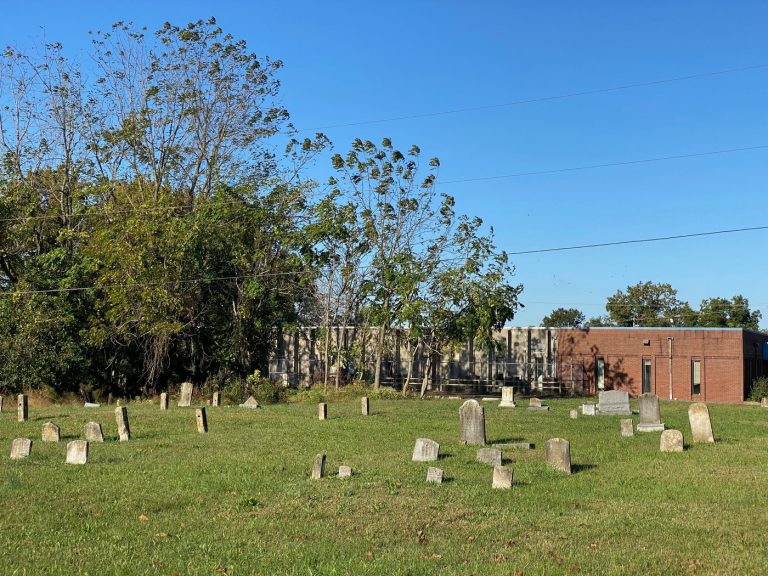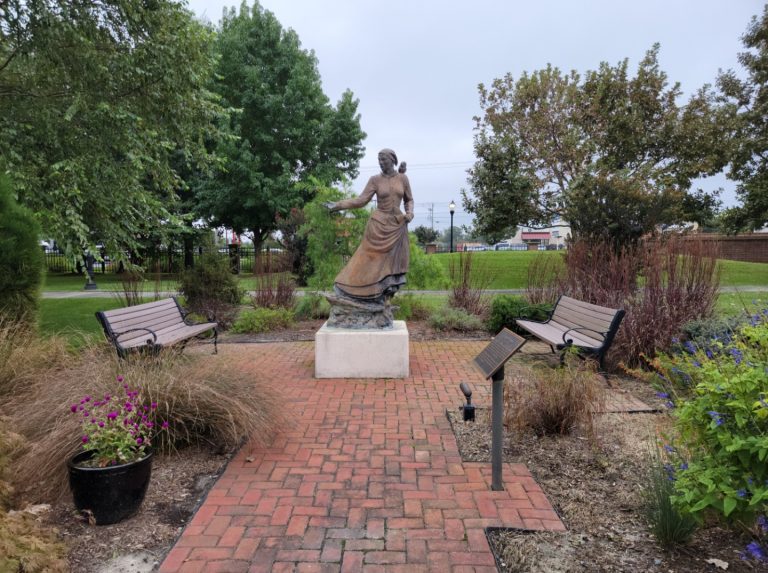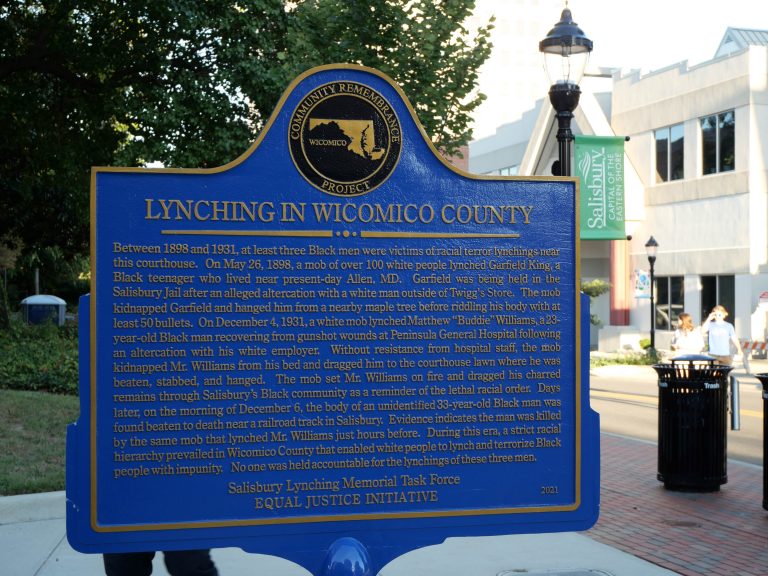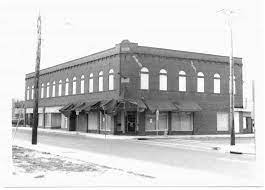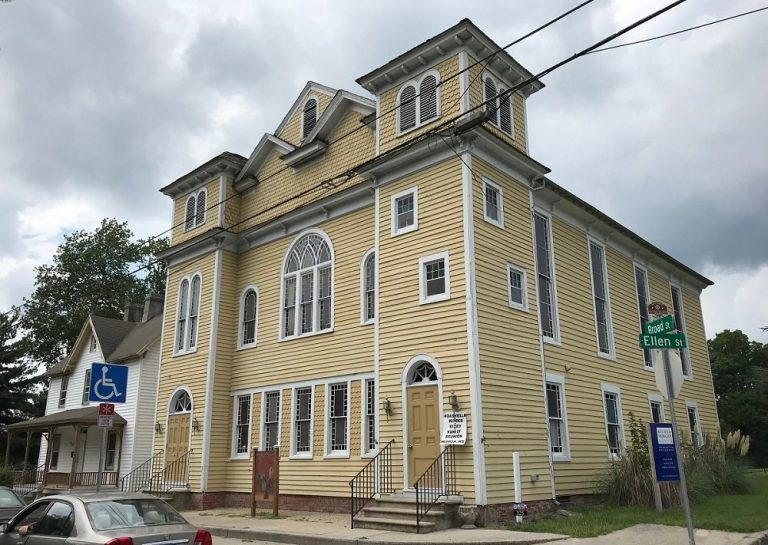All Black History in Salisbury
Places important to the African American Heritage of the lower shore.
-
Located just off of Route 50 in Salisbury Maryland, Houston Cemetery is a historically Black cemetery established in part and named after the Houston family. Solomon Houston (some times spelled Huston) in particular was a significant figure on Delmarva. His father, Levin Houston, was one of the five founding freemen of the John Wesley Methodist Episcopal Church (now referred to Read more...
-
Located outside of Salisbury University’s Teacher Education and Technology Center (better known as Conway Hall) is a bronze statue of Harriet Tubman. First unveiled in 2009, it is held to be the first three dimensional commemorative piece honoring Harriet Tubman on the Eastern Shore from which she was from. Created by Dr. James Hill, the statue depicts Tubman extending her Read more...
-
Located on 101 N. Division Street is a marker dedicated to the three African Americans lynched in Salisbury between 1898 and 1931. Two of these people are named: 18 year old Garfield King in 1898 and 23 year old Matthew Williams in 1931. The third victim was an unidentified Black man who’s body was found on the outskirts of Salisbury Read more...
-
The Franklin Hotel was a hotel catering to African Americans when segregation was enforced. The building was constructed in 1930 and was known as the Mainlake Building. The bottom floor hosted a restaurant and four spaces for shops while the second floor held apartments. In 1955 the Franklin Hotel was established by Melvin E. and Donzelle Hutt and the hotel Read more...
-
Location: 325 Broad St, Salisbury, MD 21801 Site Background: Built in 1838, the Chipman Center is the oldest standing African-American church on Delmarva. It occupies the site of a former open meadow where slaves gathered for worship services conducted by Methodist circuit riders. In 1837 five local freedmen began holding services in a small red-pine slab building on the Read more...
